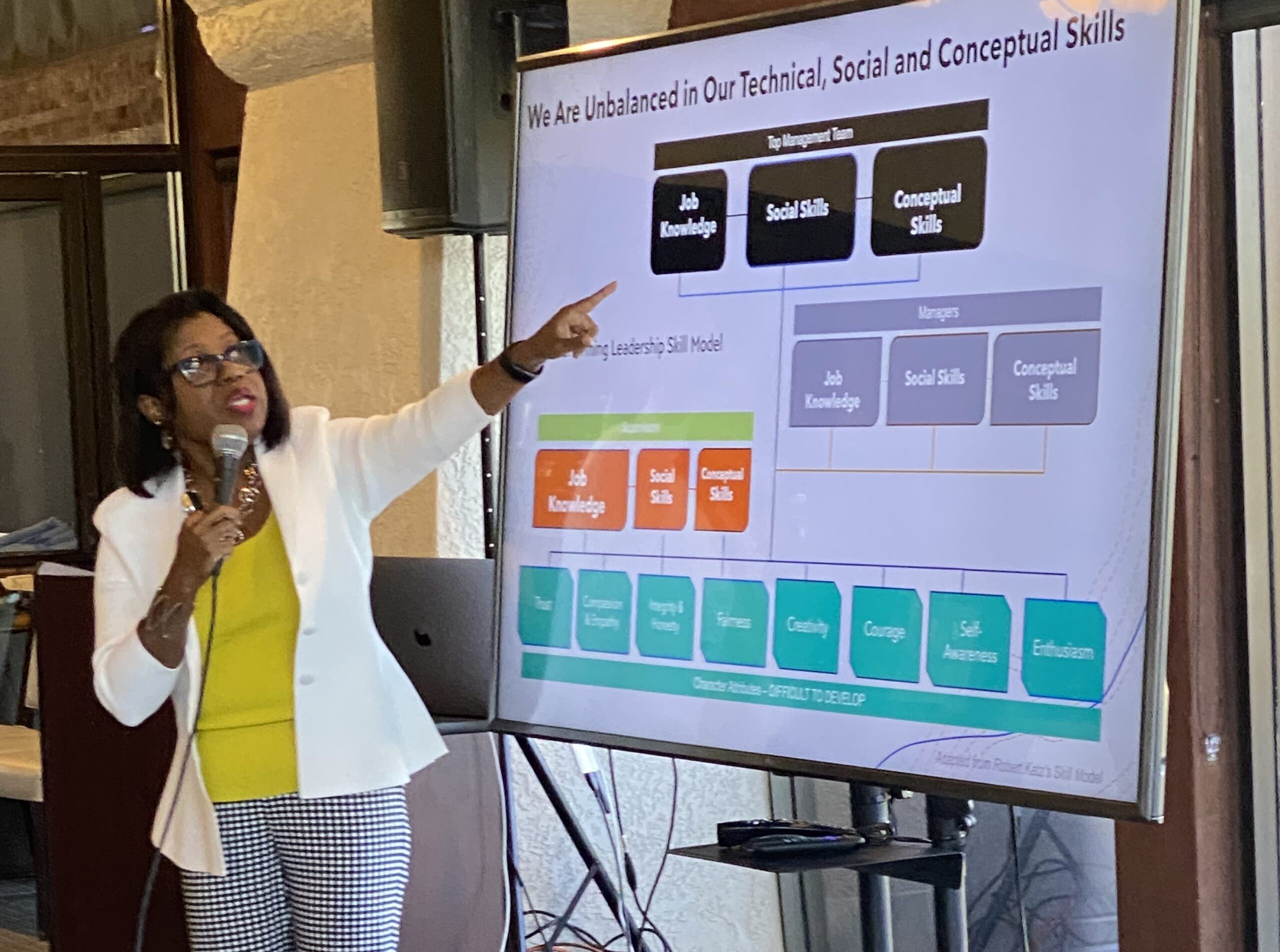Continuing our blog from last month, below are strategies that savvy CEOs use to influence corporate culture.
- Invest in training and education. Developing your skills and deepening your knowledge will broaden your opportunities now and in all future positions. You’ll be more valuable to any team.
- Think long term. Evaluate how your actions affect your goals and influence your company’s future. A little extra effort with a customer, team member, or project could lead to repeat business, valuable referrals, or boost employee buy-in.
- Take risks. Be innovative, even if some of your ideas don’t pan out. Try to think creatively and be open-minded to “out of the box” solutions. You may find a new vendor who will save the company money, or perhaps you’ll contribute to re-branding ideas that freshen the company’s public image.
- Ask questions. Requesting information and seeking advice is a sign of maturity and confidence. Show your colleagues you appreciate their expertise and experience by asking for their help. You’ll do your own job better in the long term.
- Have uncomfortable conversations. Disagreements are unavoidable, but you can be courteous even when you are on the opposing side of an issue. Communicate openly, and speak directly and respectfully. Be accountable for your actions and, if necessary, apologize when you are in error.
- Give praise. Be generous in acknowledging the achievements and talents of your colleagues. Offer congratulations for work well done at all levels – from an article published in a prestigious journal to reorganizing the supply cabinet.
- Share credit. Thank others individually and in public for their contributions. Recognize teamwork, cooperative and collaborative efforts. Be known for assigning important work to others.
- Socialize Ideas. Some people are fast learning drivers who like to keep things moving with little time for deep dives and investigation or reflection. Others, however, need time with the concept or idea and are slower-paced. Give people information in advance and time to review, reflect and discuss whenever possible to ensure the culture shifts last.
- Focus on strengths. Pay attention to the things you and your co-workers do well. The essence of your company’s culture lies in everyone’s strengths and is a foundation you can build upon to sustain future growth.
- Build trust. Give your word to important decisions and keep your word. If you tell employees you will maintain confidentiality, keep their confidences. Seek their input, and be a truth-teller. Don’t expect them to trust you if you break your promises.
You’ll find your work as an executive is more meaningful, and you’ll have a more positive influence on the business of the organization when you’re able to help employees’ values align with the corporate culture.
Until next time,




